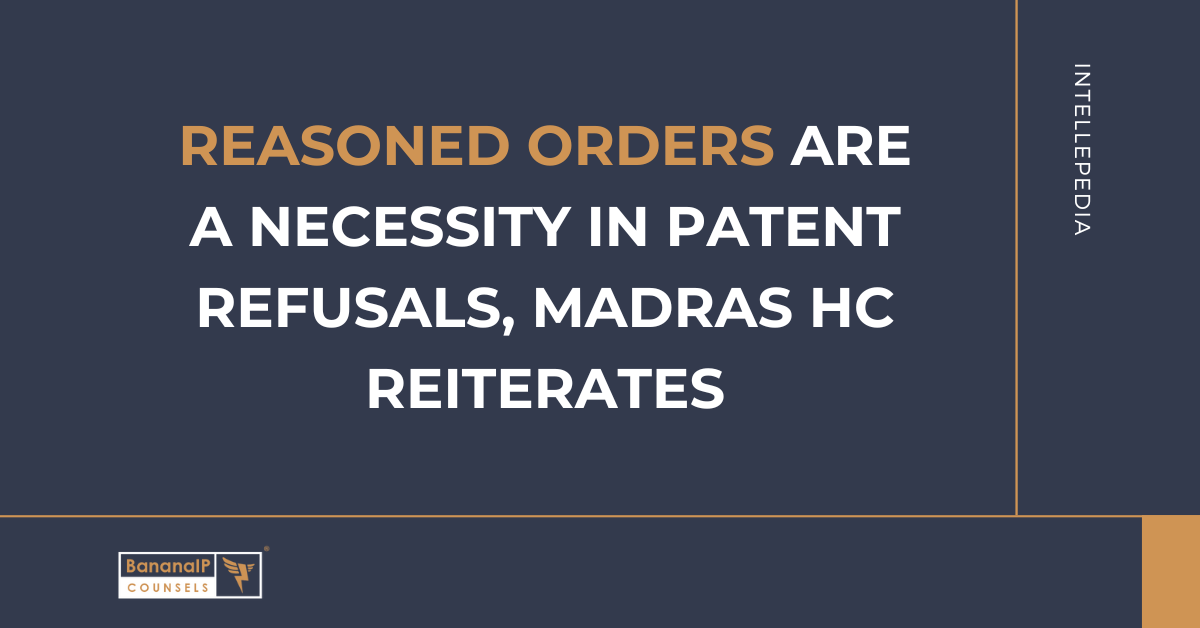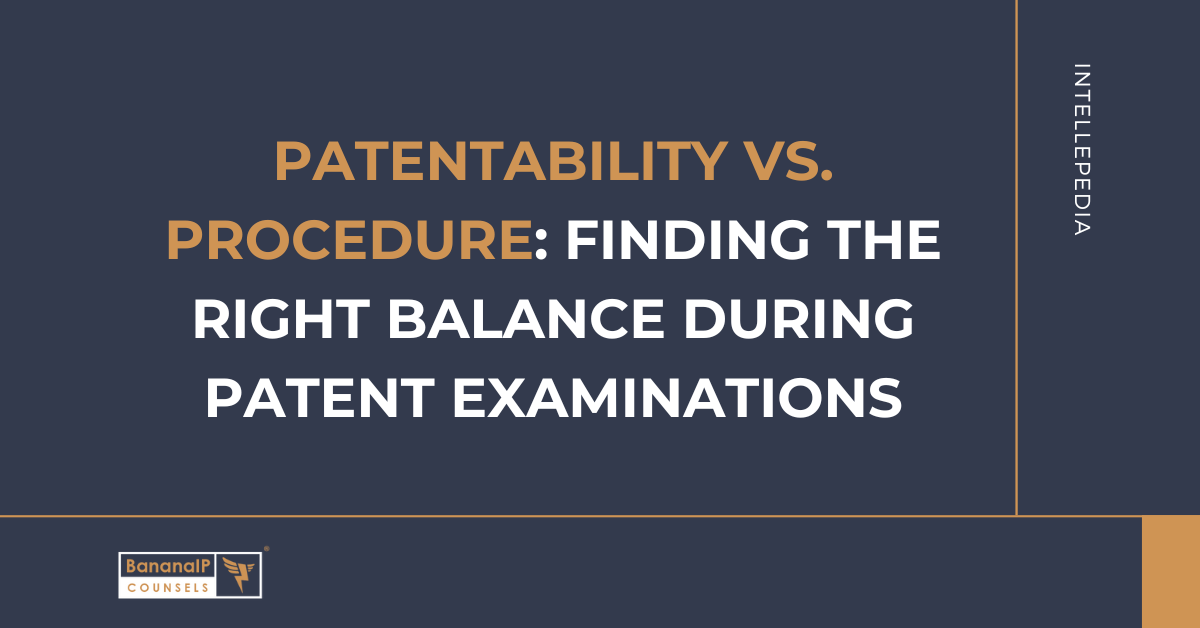The recent judgement of the Calcutta High Court in BASF SE v. Joint Controller of Patents warrants attention for multiple reasons, particularly as it addresses...
Read more about When Delay Becomes Denial: Calcutta High Court Overturns Patent RejectionTag: Patent Rejection
Patentability vs. Procedure: Finding the Right Balance during patent examinations
The Delhi High Court ruled in favor of Arcturus Therapeutics, overturning the Controller’s rejection of its patent application on procedural grounds. The Court emphasized that procedural compliance should not override substantive examination, directing the Patent Office to reassess the application on its merits.
Read more about Patentability vs. Procedure: Finding the Right Balance during patent examinationsFrivolous inventions and abstract theories – Delhi High Court refuses patent appeal
The Delhi High Court dismissed an appeal against the rejection of a patent application due to lack of novelty and a significant procedural delay of 701 days. The appellants, who had filed a patent application for black-colored wearables with claimed effects on human energy, failed to provide scientific evidence or technical merit. The court upheld the Indian Patent Office’s decision, emphasizing that abstract ideas are not patentable and reaffirming the importance of adhering to statutory deadlines for appeals.
Read more about Frivolous inventions and abstract theories – Delhi High Court refuses patent appealReasoned orders are a necessity in patent refusals, Madras HC reiterates
 Featured image for article: Reasoned orders are a necessity in patent refusals, Madras HC reiterates
Featured image for article: Reasoned orders are a necessity in patent refusals, Madras HC reiterates
The Madras High Court overturned a patent refusal in Signal Pharmaceuticals vs. Deputy Controller of Patents, citing a lack of reasoning in the rejection order. The Court observed that the Patent Office failed to address the applicant’s arguments, disregarded amended claims, and provided no justification for the refusal under Section 2(1)(ja) and Section 3(d) of the Patents Act. The case was remanded for reconsideration, reinforcing the necessity of well-reasoned patent orders.
Read more about Reasoned orders are a necessity in patent refusals, Madras HC reiteratesMadras High Court Affirms Rejection of AI-Integrated Persona Patent
The Madras High Court dismissed an appeal challenging the rejection of a patent application for AI-integrated persona augmentation. The Court ruled that the invention lacked sufficient technical detail, inventive step, and patent-eligible subject matter under the Patents Act. It upheld the Controller’s decision, emphasizing the absence of tangible technical effects and clear disclosure requirements.
Read more about Madras High Court Affirms Rejection of AI-Integrated Persona PatentCow dung lamp from Traditional Knowledge fails to light up patentability standards
The Madras High Court dismissed an appeal seeking patent protection for a cow dung lamp, finding it ineligible due to reliance on traditional knowledge and lack of inventive step. The judgment offers clarity on the application of Section 3(p) and inventive step analysis under Indian patent law.
Read more about Cow dung lamp from Traditional Knowledge fails to light up patentability standardsPatent examination should not kill the scientific temper of an inventor
The Madras High Court set aside the rejection of Industeel France’s patent application, stressing the need for fair and consistent patent examination. The judgment highlights the importance of protecting inventors’ scientific temper and ensuring time-bound decisions under Indian patent law.
Read more about Patent examination should not kill the scientific temper of an inventorWithout Proper Inventive Step Analysis, Patent Office’s Order is Unreasoned – Says Delhi High Court
The Delhi High Court set aside a Patent Office order rejecting Gogoro Inc’s application for lack of inventive step, citing inadequate reasoning. The case was remanded for proper analysis under Section 2(1)(ja) of the Patents Act.
Read more about Without Proper Inventive Step Analysis, Patent Office’s Order is Unreasoned – Says Delhi High CourtInventive Step of an Invention Analysed
This post examines the Green Cross Holdings case, where the Indian IPAB upheld the rejection of a patent application for lacking inventive step. The analysis highlights legal standards of obviousness and inventive step under Indian patent law, emphasizing the importance of prior art disclosure.
Read more about Inventive Step of an Invention AnalysedMan Tried To Patent Godly Powers!
Christopher Anthony Roller filed a US patent application for godly powers, seeking exclusive rights to their use and financial benefits. The USPTO rejected the claims on legal and technical grounds, leading to the application’s abandonment.
Read more about Man Tried To Patent Godly Powers!


